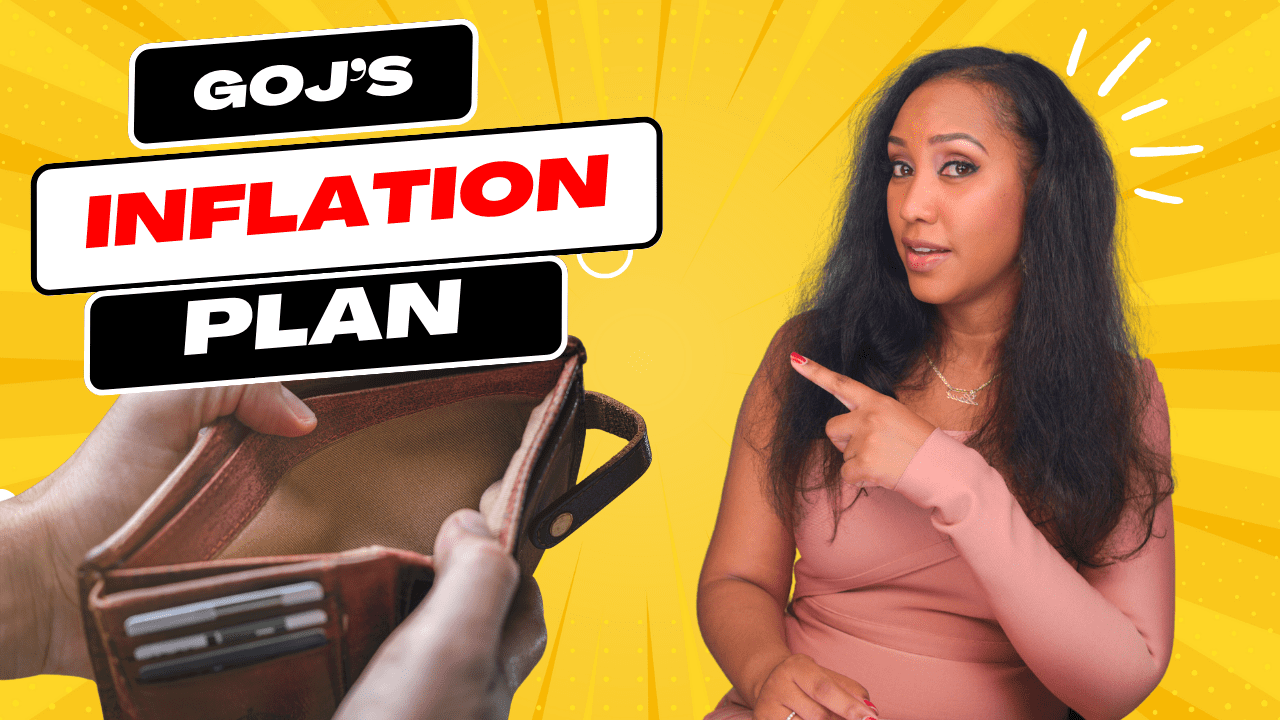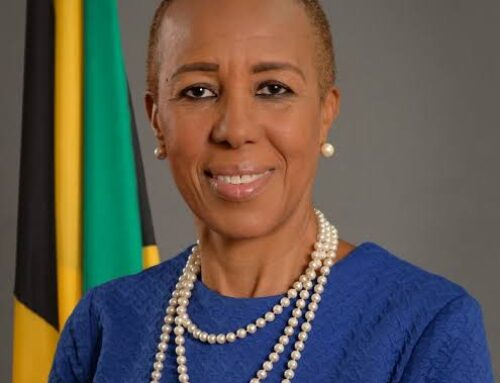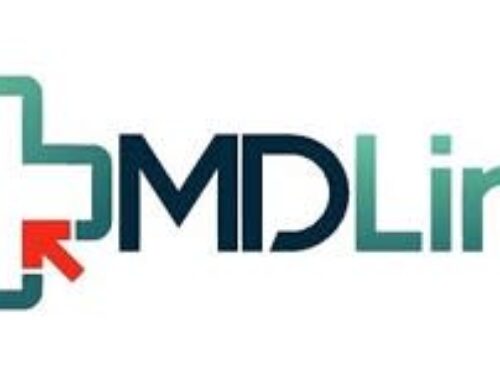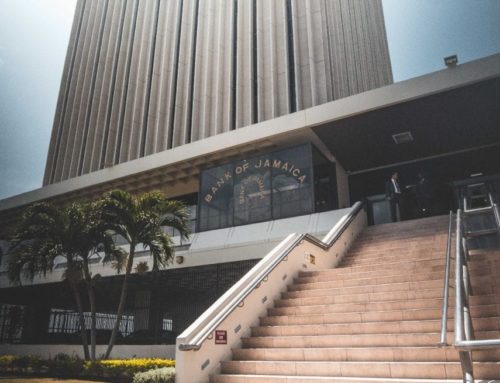
What is the Government’s Inflation Plan?
What does the government plan to do to bring down the cost of living?
The rapid increase in the cost of everyday goods and services has got to be one of the most burning economic issues in the country right now. I mean, every week it seems like something else is going up. Today it’s bread, tomorrow it’s electricity and the day after that it’s gas.
And while the cost of living is getting higher, it feels like your money is getting less; like the same $1000 that used to buy two pounds of rice and two pounds of chicken, can’t even buy the chicken anymore.
That’s inflation!
At a press conference recently, Prime Minister Andrew Holness acknowledged that inflation is one of the most destructive things in an economy.
So what does the Government plan to do about it? Well, according to the PM, they’re already doing it.
He said that the people most impacted most by inflation are those with fixed incomes, the unemployed and the ‘working poor’ – those who have jobs but only make barely enough to meet their basic needs.
So, the Prime Minister said the first step was to improve wages and pensions to help offset the change in prices. He mentioned the public sector compensation review, which if we remember was quite controversial. Then there’s the increase in minimum wage, which jumped from $9,000 to $13,000 per week, and for security guards, it went from $10,500 dollars to $14,000 per week.
Something that he pointed out which I think is important to note, is that inflation has a lagging impact. Meaning that the full effect of the change in prices isn’t always felt immediately. That’s why we’re feeling the pinch now from everything that happened during the pandemic.
Holness also noted that it will take some time for wages to catch up to inflation.
Right now, according to the Statistical Institute of Jamaica, the country’s point-to-point inflation rate for June was 6.3% . That means on average, goods were 6% more expensive this June than June last year.
The numbers were just outside the Bank of Jamaica’s target range of 4 to 6%. But for regular people like you and me, it certainly feels much more than 6.3% because wages aren’t increasing at the same rate.
The Prime Minister also said the Government is focusing on the education system to ensure that more people are leaving school with the knowledge and skills they need to enter the workforce and earn.
Plus the Government is revamping the PATH programme to better identify people who should qualify for benefits and ensure a more effective transfer of those benefits.
So, essentially the Government has taken a long-term approach to addressing inflation. They’re saying there is no quick fix, at least none that is sustainable in the long run. So they’re approaching it in a systematic way which will see the benefits trickling over time.
And that’s the bottom line.
Ask The Analysts
The Cast David Rose Business Writer, Observer Leovaughni Dillion Investment Research & Sovereign Risk Analyst at JMMB Group
R.A. Williams to list on JSE
The Cast Audley Reid CEO R.A. Williams Distributors Julian Morrison Founder, Wealth Watch JA











Leave A Comment